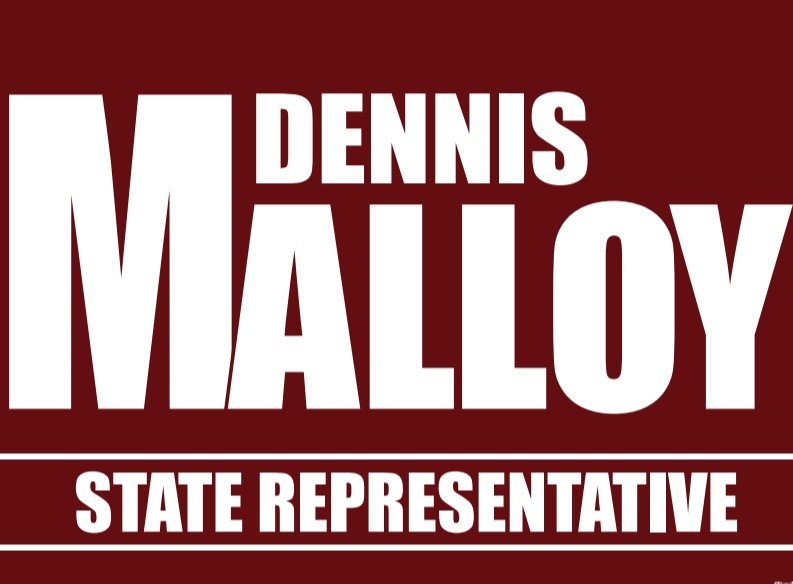Wonder why your property taxes keep going up when the state has cut the Business Profits Tax, the meals and rooms tax and the interest and dividends tax. The following by Dave DuPuy a candidate for state representative from Candia spells it out in plain language. In a campaign ad that ran in NH Sunday News on November 2/3 he writes:
The state by law was to pay 40% of the Meals and Rooms Tax to municipalities but failed to comply with the law. Beginning in 2010, the state has defaulted on its legislated obligations by suspending payments to be made to the towns in ten of the last 12 years. The defaulted amount owed to the municipalities is now over $98 million. The Meals and Rooms Tax is in large part paid for by tourists.
The municipalities, likewise, were to receive $25 million per year of the Business Profits Tax revenues, but in 2010 the state suspended those legislated payments, resulting in an unpaid balance due municipalities of over $300 million. Despite these obligations, the legislature cut the Business Profits Tax from 8.5% in 2001 to 7.5% in 2023, cut the Business enterprise Tax from 0.75% in 2001 to 0.55% in 2023, and cut the Meals and Rooms Tax from 8.5% to 7.5%, all while failing to pay over $400 million owed to municipalities. ($5,890,571 to Auburn, Candia, Chester and Deerfield.)
Big corporations principally pay the Business Profits Tax. In 2020, 722 corporations paid 73.6% of those taxes. A total of 99.6% of the tax was paid by 12,474 larger corporations, 65,368 small business paid 0.4% of the tax, totaling $2.2 million. If you divide $2.2 million by 65,368, the result is $33.66, the average amount small businesses paid. The state’s preference is to reduce taxes on out-of-state corporations and high-echelon earners, while it owes the municipalities over $400 million.
The state is now eliminating the Interest and Dividends Tax, which brought in revenue over $180 million this year. The fact is that 52% of that tax was paid by 1,723 tax filings who earned over $200,000 in interest and dividends in 2020. In 2024, 23 filers paid over $20 million for that tax. The Interest and Dividends Tax has existed for over one hundred years. How can the state justify its elimination when it cannot, or will not, pay the municipalities their share to reduce your property taxes?
Moreover, for 15 years, from 2008 to 2023, state aid to public schools increased by only 12.3%, while the cost of living rose over 41%.
This year, the state also abolished the communications tax, which will further reduce revenues by $30 million. Together with the elimination of the Interest and Dividends Tax, this results in lost revenue totaling $210 million.
The state faces liability of anywhere from $500 million to over $2 billion to settle or pay judgments from abuse charges pending against state youth facilities.
Nevertheless, the legislature persists in cutting taxes that primarily benefit large corporations and the ultra wealthy while short-changing schools, defaulting on its obligations to the towns, and burdening homeowners with more taxes.
“No more taxes!” sounds great, but a legislature that ignores its obligations to the property owners and sticks its head in the sand by reducing major sources of income in the face of huge looming liabilities is at best irresponsible and at worst reckless. While no one likes taxes, someone must pay them. The state is targeting the homeowner who can least afford them, while reducing taxes on those with the greatest ability to pay. The result is that an incredible 60% of total state and local taxes is paid by property taxpayers.
The results of tax revenues for September 2024, one of four big months for state revenue, are out, and they are not good: over 18% less revenue than last year and over 15% under budget. That may be a blip, but other storm clouds are gathering. We cannot continue to elect people to state office with rose-colored glasses who are feeding money to those who have plenty and draining the pockets of those in most need.
